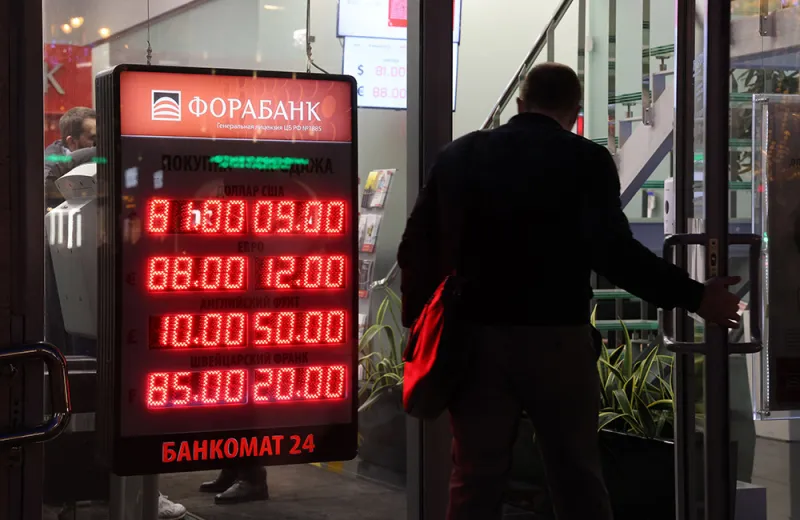The conflict between Russia and Ukraine — or the “New Cold War” — will place a short-term strain on global equities, but the long-term financial interests of Russia and the West will bring eventual market stability, according to a new note from BCA Research, Institutional Investor’s sister company.
As the conflict gains momentum and hopes of a peaceful resolution wane, BCA Research expects global equities to take a hit. On a three-month horizon, the firm downgraded its view on global stocks from overweight to neutral and suggested that investors with a low risk tolerance consider underweighting equities.
“The near-term outlook for risk assets has deteriorated,” BCA analysts wrote.
BCA still expects stocks to outperform bonds over the next 12 months as geopolitical tensions begin to stabilize and pandemic-related headwinds peter out. The research firm also anticipates global growth to remain above trend in 2022 as fiscal policy becomes more “expansionary.”
“While it will take a month or two, both sides will ultimately forge an understanding whereby Russia and the West continue to publicly bad-mouth each other while still pursuing mutually beneficial arrangements,” according to BCA analysts.
For example, researchers noted that during the Cold War, the Soviet Union continued to sell oil to the West: “Even the Cuban Missile Crisis had only a fleeting impact on equities,” they added.
In the short-term, Russian bond prices are collapsing. According to Morningstar data, bond funds with the highest exposure to Russia — specifically those categorized as emerging markets bonds and emerging markets local currency bonds — saw average declines of 2.19 percent and 2.37 percent as of February 24, respectively.
Central banks are holding off on their plans to raise rates in the near term. However, over the course of the coming years, BCA anticipates the conflict to ultimately lead to higher inflation and interest rates.
“Larger budget deficits will sap global savings. The retreat from globalization will also put upward pressure on wages and prices,” analysts wrote.







